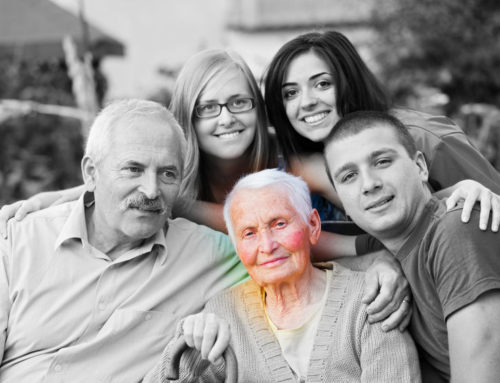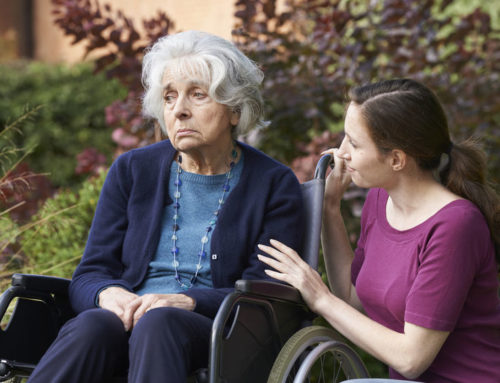Individuals with Alzheimer’s disease often engage in behavior that strike outside observers as peculiar. Luckily, these peculiar behaviors, by and large, are completely harmless and do not pose a safety concern. Sometimes though, a behavior can lead a loved far away from home and into circumstances that may but him or her in harm’s way. Wandering, for instance, is one of those types of behaviors that can easily fall into the category of “potentially harmful.”
With wandering, a loved one can—when unsupervised—begin walking somewhere and forget where they’re heading. Your loved one may do this for a number of reasons, though, generally, they’re doing so because one of the symptoms of Alzheimer’s disease is disorientation. Because wandering can result in stressful, frightening, and even dangerous situations, you may want to take a moment to familiarize yourself with a few common types of wandering.
The Mayo Clinic provides an excellent description of the different types of wandering. One example of wandering is searching. With searching, your loved one may start searching for something (e.g., food or water) or someone (e.g., a best friend) but forget what it is he or she is trying to find. Another example wandering is trying to escape from something. Sometimes your loved one may feel overwhelmed with stress or anxiety and consequently, he or she will attempt to move away from the source of tension. Unfortunately, though, individuals become disoriented and completely forget what it is that was bothering them. Another type of wandering occurs when your loved one attempts to relive the past. In such cases, an individual may repeat the same behavior or activity at the same time every day.
To ensure your loved one returns safely to you or to ensure you’ve prepared you and your loved ones for that worst case scenario, you may want to go ahead and take a few precautions. For instance, you may want to go ahead and enroll him or her in the Alzheimer’s Association’s “Safe Return” program shortly after a doctor diagnoses him or her with the disease. Another measure you can take to ensure your prepared is to go ahead and reach out to an Ohio elder law attorney. While this may initially seem like an unnecessary precaution to take with regard to your loved one, the unfortunate reality is that accidents do happen and you and your loved ones are always better off being prepared.





